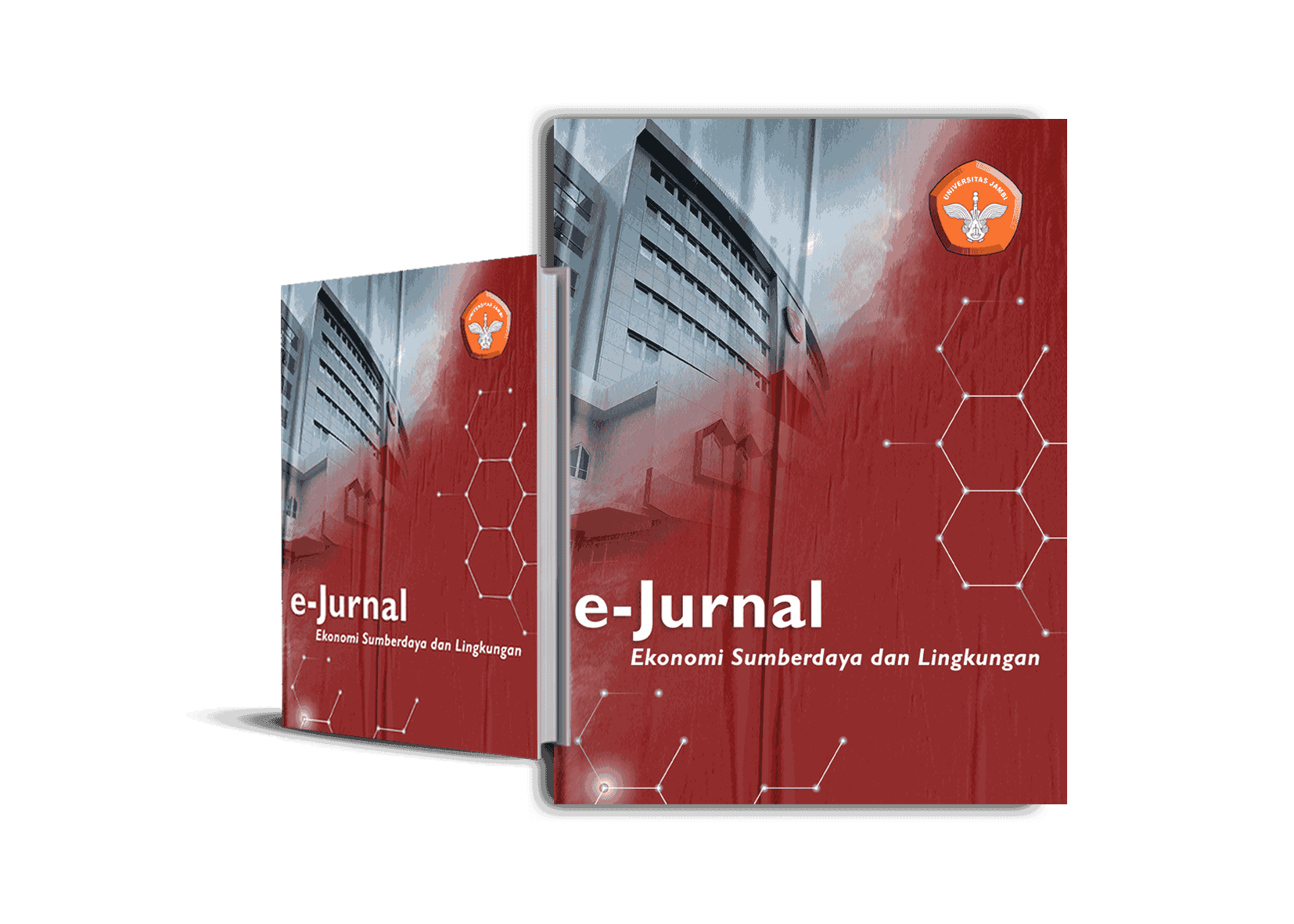Analisis keberadaan pabrik kelapa sawit terhadap kondisi sosial ekonomi masyarakat pendatang yang menetap di Desa Ladang Panjang Kecamatan Sungai Gelam Kabupaten Muaro Jambi
DOI:
https://doi.org/10.22437/jesl.v12i1.21481Abstract
The demand for electrical energy continues to increase along with population growth
and technological developments. The household, industrial and commercial sectors are
the main sectors for the use of electrical energy. Electricity also plays a crucial role in
supporting national defense so that the government continues to strive to meet the
electrical energy needs. Aligned with Indonesia's commitment to reduce greenhouse
gases to support achieving net-zero emissions, the government promotes the utilization
of new renewable energy, one of which is geothermal energy. Indonesia is known to
have the largest geothermal energy potential in the world. Geothermal power plants are
environmentally friendly, the life cycle of the plant is associated with environmental
impacts and typically requires substantial initial investment. The research methodology
used in this article is a literature review to analyze the environmental impact and life
cycle cost of geothermal power plants. The results show that the operational activities
are the primary source of environmental impacts. GPP produces low emissions and are
economically competitive when compared to solar photovoltaic (PV) energy.
Downloads
Downloads
Published
How to Cite
Issue
Section
License
Copyright (c) 2023 Muhammad Aldi, Zulgani Zulgani, Parmadi Parmadi

This work is licensed under a Creative Commons Attribution-ShareAlike 4.0 International License.








